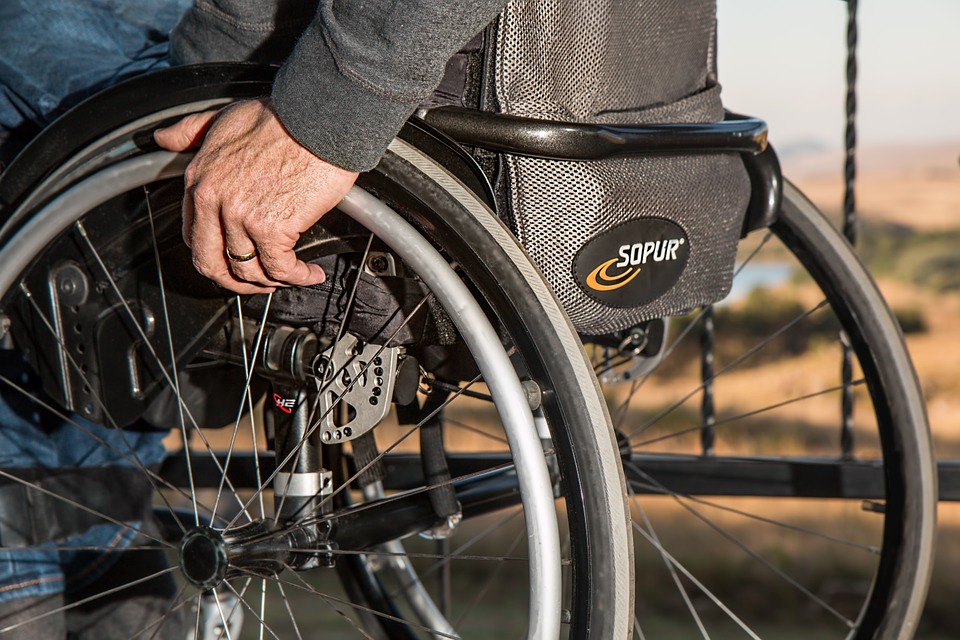“The absence of disabled voices in the design of welfare systems results in processes that are degrading, overly bureaucratic, and often unfit for purpose—sometimes even life-threatening.”
Disability rights campaigners are calling on the government to ensure that disabled people are involved in shaping welfare reform.
Recent proposals for welfare reform aim to reduce the overall benefits bill by tightening eligibility criteria and adjusting payment rates, particularly for new claimants. However, following a significant backbench rebellion, the proposed cuts to universal credit for disabled claimants from next April, along with plans to restrict personal independence payment (PIP) eligibility, have been temporarily shelved in what has been described as a chaotic government U-turn.
Writing in Care Management Matters (CMM), Kamran Mallick, CEO of Disability Rights UK, emphasised the human impact of welfare policy:
“Welfare reform is not just about systems and services, it is about people’s lives. For disabled people, welfare policy determines whether we can pay for basic essentials and the extra costs of disability and live with dignity, independence and security. Yet successive governments approach reform through a negative lens. A lens that sees us as burdens, as fraud risks or as ‘not trying hard enough’ to work. This harmful narrative has driven policies that punish rather than support, isolate rather than include.”
Mallick described the recent “savage cuts” as an example of how reforms are being designed about disabled people, rather than with them.
“They are shaped by people who rarely reflect the communities they legislate for. Despite claiming to represent the whole of society, Government decision-makers do not reflect the diversity of the country, and disabled people, in particular, remain grossly underrepresented in positions of political power and influence.”
He argued that this disconnect leads to policy that lacks both insight and empathy:
“The absence of disabled voices in the design of welfare systems results in processes that are degrading, overly bureaucratic, and often unfit for purpose—sometimes even life-threatening. These systems push us deeper into poverty and suppress our spirit and potential.”
Disability Rights UK advocates for an approach that recognises disabled people as rights-holders and experts in their own lives.
“If we are not involved in shaping the decisions that affect us, those decisions will continue to fail. Co-production and structured engagement are the only credible paths to effective public services and welfare reform. We do not need sympathy or surveillance. We need to be listened to, respected and involved, because reform without us is not just unjust, it is bad policy,” said Mallick.
Left Foot Forward doesn’t have the backing of big business or billionaires. We rely on the kind and generous support of ordinary people like you.
You can support hard-hitting journalism that holds the right to account, provides a forum for debate among progressives, and covers the stories the rest of the media ignore. Donate today.




